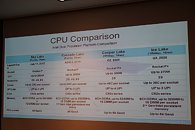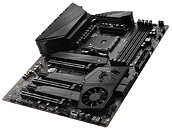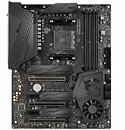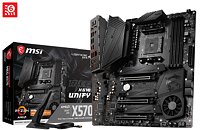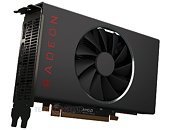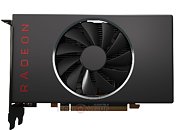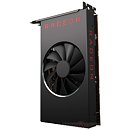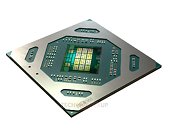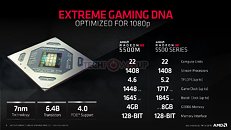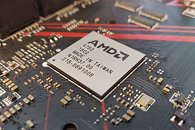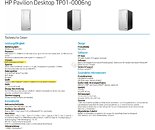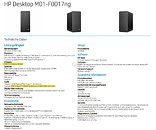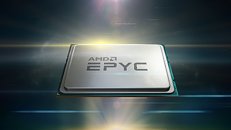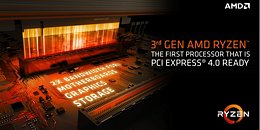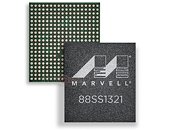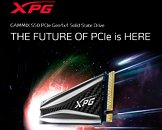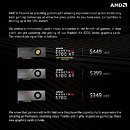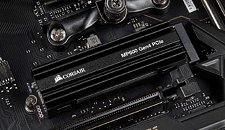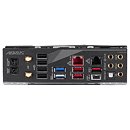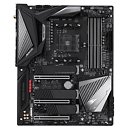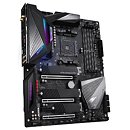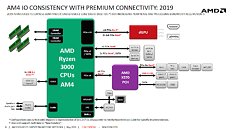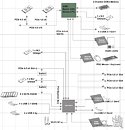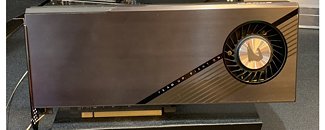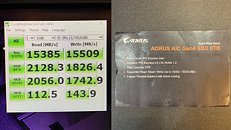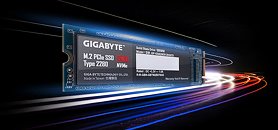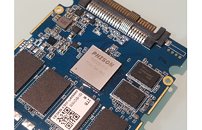
Intel Ice Lake-SP and Cooper Lake-SP Details Leaked
Brainbox, a Korean media outlet, has gathered information on Intel's newest Ice Lake and Cooper Lake server processors from a presentation ASUS held for its server lineup. With Cooper Lake-SP paving the way for the first server CPU model to be released on the new "Whitley" platform, it is supposed to launch in Q2 of 2020. Cooper Lake-SP comes with TDP of 300 W and will be available with configurations of up to 48 cores, but there also should be a 56 core model like the Xeon Platinum 9282, that has a TDP of 400 W. Cooper Lake-SP supports up to 64 PCIe 3.0 lanes, 8 channel memory (16 DIMMs in total) that goes up to 3200 MHz and four Ultra Path Interconnect (UPI) links.
Ice Lake-SP, built on the new 10 nm+ manufacturing process, is coming in soon after Cooper Lake-SP release, with a launch window in Q3 of 2020. That is just few months apart from previous CPU launch, so it will be a bit hard to integrate the launches of two rather distinct products. As far as the specifications of Ice Lake-SP goes, it will have up to 38 core for the top end model, within 270 W TDP. It supports 64 PCIe 4.0 lanes with three UPI links. There is also 8 channel memory support, however this time there is an option to use 2nd generation Optane DC Persistent Memory. Both CPU uArches will run on the new LGA 4189 on the P+ socket.
Ice Lake-SP, built on the new 10 nm+ manufacturing process, is coming in soon after Cooper Lake-SP release, with a launch window in Q3 of 2020. That is just few months apart from previous CPU launch, so it will be a bit hard to integrate the launches of two rather distinct products. As far as the specifications of Ice Lake-SP goes, it will have up to 38 core for the top end model, within 270 W TDP. It supports 64 PCIe 4.0 lanes with three UPI links. There is also 8 channel memory support, however this time there is an option to use 2nd generation Optane DC Persistent Memory. Both CPU uArches will run on the new LGA 4189 on the P+ socket.
